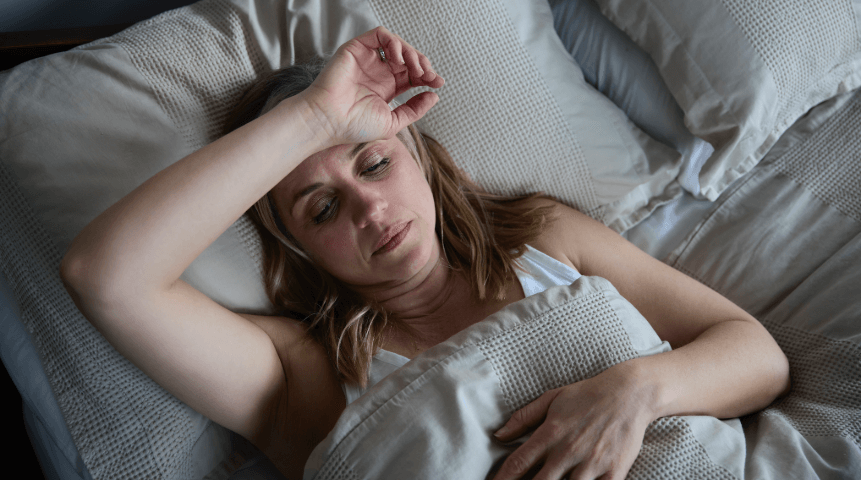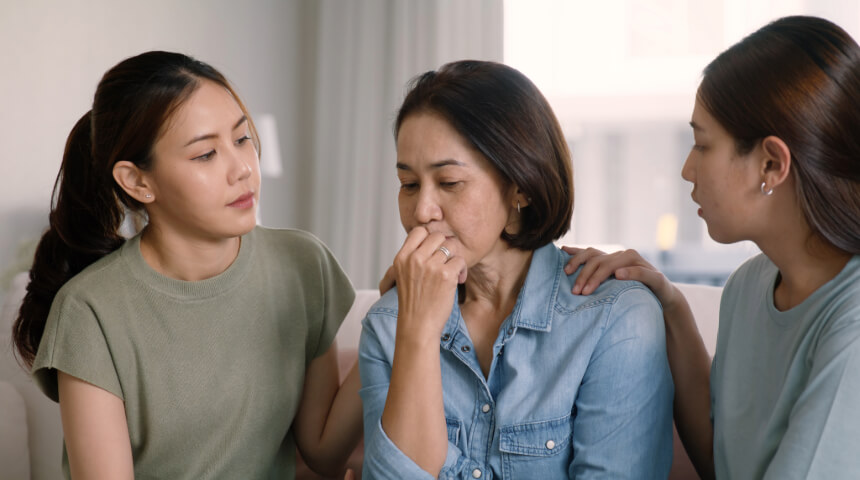Kidney Stones: How to Avoid Them and What to Do If You Get One
The pain from a kidney stone can start abruptly and be intense. It’s been described as more painful than labor, excruciating and sharp. If you have a kidney stone, your first concern is to get relief. Once the stone passes, your next concern may be how to avoid the condition from developing again.
What Is a Kidney Stone?
A kidney stone is a collection of minerals and salts from your urine that forms a hard deposit in the kidney. Most commonly, the stones are made from calcium oxalate but also can be made of other materials, including uric acid.
Although kidney stones are known for producing pain, surprisingly, you may not know if you have one. Some stones stay in the kidney, causing no problems. Others are small enough to travel through the ureter (the tube between the kidney and bladder), into the bladder and out of the body through urine. These stones may only be identified through imaging, such as an ultrasound or CT scan. But the pain of a kidney stone occurs when the stone becomes lodged in the ureter and blocks urine from passing through.
In addition to flank or abdominal pain, other symptoms of kidney stones include:
- Pain that comes in waves
- Pain upon urination
- Nausea and vomiting
- Persistent need to urinate
- Urinating more frequently or in smaller amounts
- Pink, red or brown urine
- Cloudy urine
- Fever and chills
Causes of a Kidney Stone
Diet is an important factor in the formation of kidney stones. High salt and oxalate intakes can increase the risk of stone formation. High levels of uric acid, found in red meat and beer, can increase the risk of uric acid kidney stones. Dehydration is the foremost cause of stone formation. Living in Florida’s year-round warm weather increases the risk of dehydration.
What to Do If You Have a Kidney Stone

Treatment for kidney stones depends on their size and location, and your symptoms. Small stones that remain in the kidney but are not stuck in the ureter often can just be observed, with a focus on preventing future stone growth.
If your pain is tolerable and there is no sign of infection, your doctor may advise that you wait for the stone to pass. They may also suggest a pain or anti-nausea medicine, or prescribe a medication that relaxes the ureter, making it more likely that the stone will pass.
If your pain is severe, you have difficulty urinating, have pain along with fever and chills or pain with nausea and vomiting, you should see your urologist to address any infection that may occur in the urinary tract.
Large stones in the kidney require intervention to prevent any kidney obstruction or sepsis. Stones in the ureter also may require surgical intervention if they are too large to pass with medication.
Surgery for kidney stones can be done a variety of ways and also depends on the size and location. One option is soundwave energy that breaks up larger stones into small ones that can more easily pass. Another option is minimally invasive ureteroscopy, which uses laser energy to break up the stone. Large stones in the kidney occasionally require a procedure called percutaneous nephrolithotomy (PCNL). During this procedure, a tube is placed through the flank directly into the kidney to help with stone breakage and retrieval.
Preventing Kidney Stones
Hydration is the No. 1 way to prevent stones. In addition, citrate is a substance found in lemon juice that is known to prevent stone formation. Drinking 2.5 liters of water daily with fresh lemon is the best way you can prevent stones.
For some people, a kidney stone is a once-in-a-lifetime problem. But others develop them more often. If you are prone to developing kidney stones, it’s important to watch your level of salt and oxalate, which are two big contributing factors for stones. Limiting sodium intake and consuming 1,000-1,200 mg per day of dietary calcium will help. In addition, limit foods and vitamins that elevate urinary oxalates such as vitamin C, nuts, and rich, leafy greens. If you are prone to developing kidney stones made of uric acid, limit your intake of red meat and beer.
Kidney stone treatment can be complex. In addition to the causes of kidney stones such as diet and dehydration, they may be formed by other reasons such as chronic urinary tract infections, or even medications, such as antiretrovirals used to treat HIV.
Because of the variety of conditions and treatments for kidney stones, it’s important to consult with a urologist well-versed in all options to find the therapy that will work best for you and your stone.
Request an Appointment with an Orlando Health Urologist
To schedule an appointment please call (877) 876-3627 or request an appointment to visit one of our specialists.
The doctors at Orlando Health Medical Group Urology are committed to reducing your pain and discomfort and treating your medical condition as quickly and effectively as possible.
Request an Appointment









